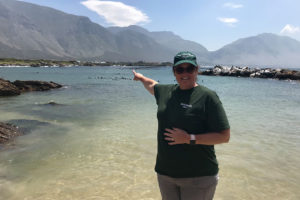
- Hi, we’re Jen and Kaitlin and we are registered veterinary technicians at the Maryland Zoo. In January, we both traveled to South Africa to lend our skills to the Zoo’s long-time African penguin conservation partner, SANCCOB. Follow along as we share about our trip.
- The Zoo sends staff to South Africa every year to help with penguin conservation projects in their native range. This year was different because it’s the first time Maryland Zoo vet techs have been sent to do international fieldwork. Our partners at SANCCOB requested vet techs for this trip because our specialized skills would be a great help at the time of year when they typically see the most instances of sea bird injuries.
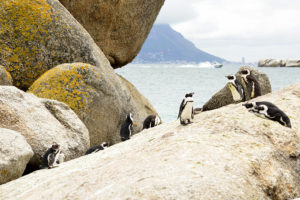
- African Penguins are an endangered species and unfortunately, their population continues to decline. Lack of available food due to overfishing and climate change is one of the reasons penguins are struggling to survive. We saw this first hand in some of the birds we treated – they were emaciated, or were unable to molt their feathers due to malnourishment. We also saw birds with perforated esophaguses, which could be an injury they got from trying to eat things that typically wouldn’t be on the penguin menu. We were thankful to be able to help provide great medical care to these penguins with the goal of releasing them back into the wild.
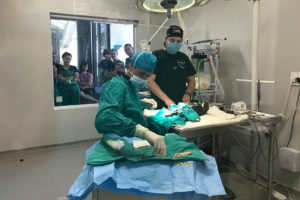
- There was no such thing as a typical day in the weeks we were at SANCCOB. We did a variety of tasks and most days we were on our feet non-stop from 8 am to 5 pm assisting with the treatment, and care of injured and sick birds. Back at the Zoo’s veterinary hospital, we regularly draw and examine the blood samples of the Penguin Coast colony, a skill which proved to be valuable at Sanccob because we can do it quickly and confidently. We also utilized our experience to lend a hand as Sanccob’s head veterinarian performed surgeries on injured penguins (leg injuries from seal bites are one of the most common traumas).
- The highlight of the trip for both of us was attending a release of rehabilitated penguins! The beaches of South Africa where penguins naturally make their homes are beautiful and seeing penguins that were sick or injured ready to waddle along the beach and swim in the ocean again was amazing.
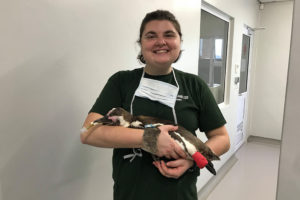
- Thanks for following our story! If you’re wondering what you can do to help endangered African penguins we have two suggestions for you. First, support the Maryland Zoo by visiting us, donating and sharing this story with your friends. Our work conserving penguins can’t happen without the enthusiastic support of people like you and corporate partners like Penguin Random House, who partially funded this trip. Second, eat sustainable seafood to protect penguins’ food sources. The Seafood Watch app makes it really easy and you can also find sustainable seafood recipes in our News & Updates tab. See you at the Zoo! -Jen and Kaitlin, Veterinary Technicians

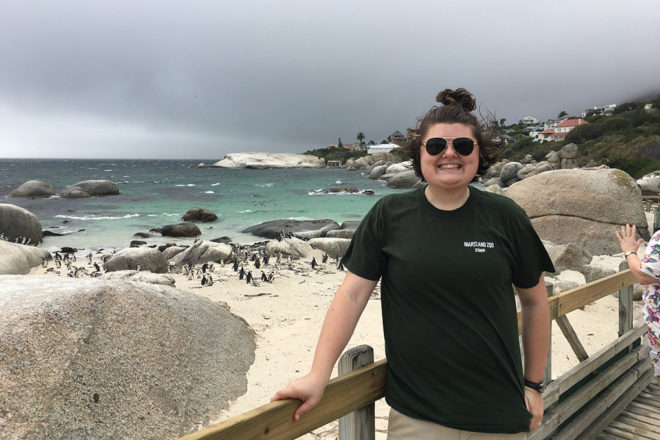
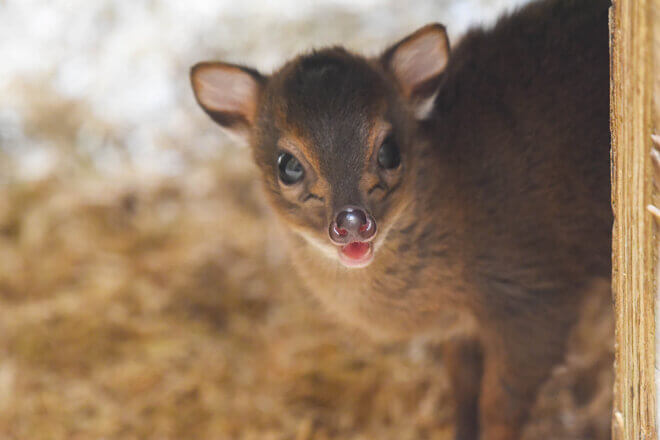
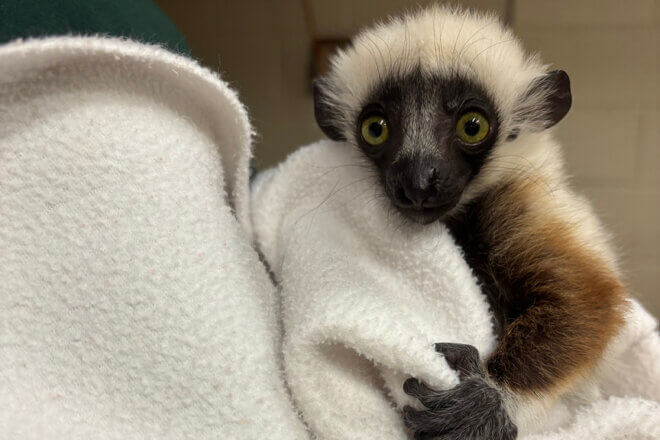
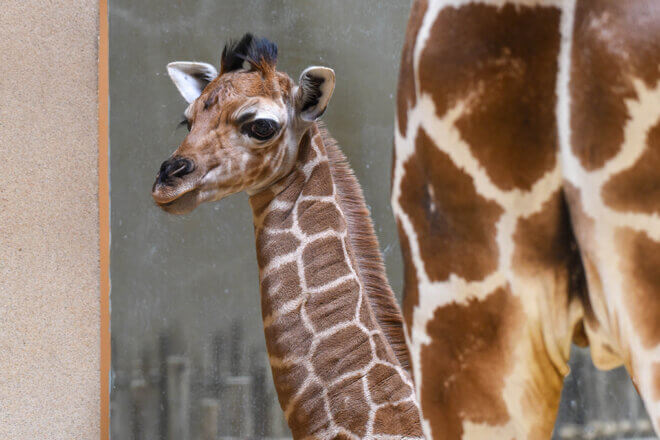
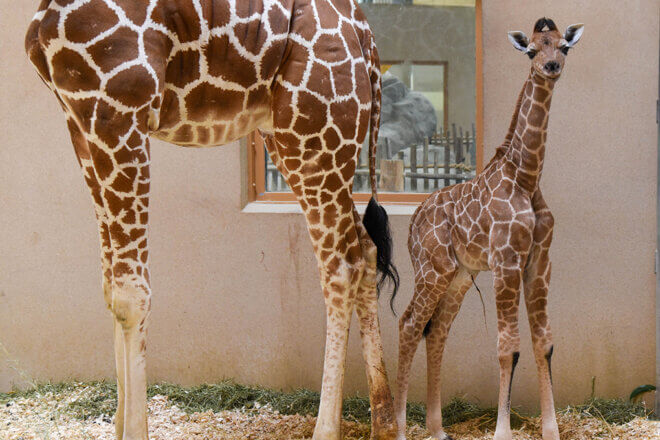
Share this article